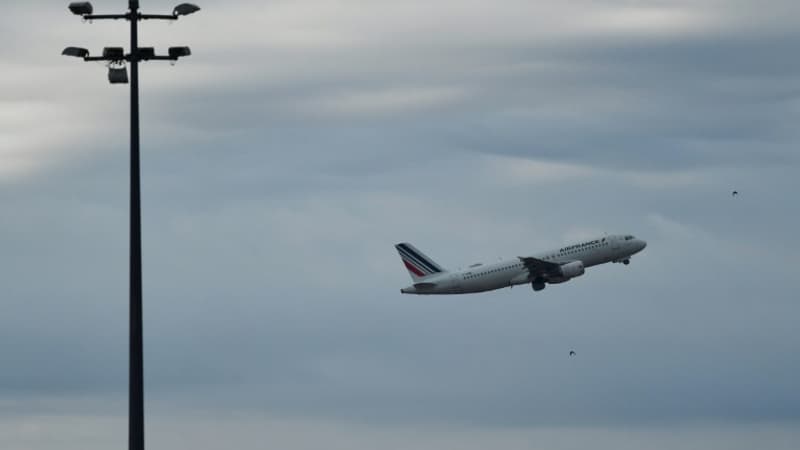An image showing an airplane half turned into a shark, hashtags deceptively evoking clean energy, or images of nature being abusively bombed… A new report from Harvard University researchers released Tuesday sheds light on the many practices of companies to “go green” on social media.
The survey, commissioned by the environmental organization Greenpeace, analyzed text and images from more than 2,300 publications in June and July of this year. These came from some twenty European companies, including the largest car manufacturers, airlines and oil and gas companies.
Entitled “Fifty Shades of Green (washed),” the report shows that one in five of these businesses conveyed messages about sporting events or social causes, rather than displaying what they were selling.
“Redirect Responsibility”
Other examples: on Instagram, a Lufthansa plane mixed with the body of a shark in the ocean – to highlight a material that mimics the animal’s skin – and used to improve aerodynamics.
On Twitter, Lufthansa and Air France used the hashtag #SustainableAviationFuel (sustainable fuel for planes, in French). Not to mention that such fuel, with the impact discussed by experts, concerns only a small part of the total used by the industry, the report notes.
A Wizz Air post for World Environment Day featured an elderly black woman, half tree, standing in a lush forest… to promote an article on how to reduce your personal energy consumption. A common practice aimed at “redirecting responsibility” towards individual behaviors, rather than governments or industry, according to the report.
On YouTube, a video from the car manufacturer Fiat showed a group of young people crossing the roads of magnificent mountains.
According to Silvia Pastorelli, from Greenpeace, this report deciphers “a systematic effort of greenwashing, which will be combated through the legal prohibition of fossil fuel advertisements or their sponsorship throughout Europe, just as has been done with tobacco”.
Source: BFM TV


